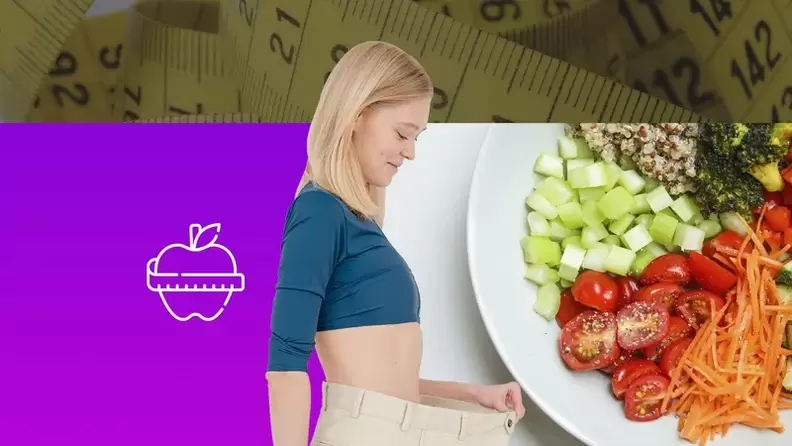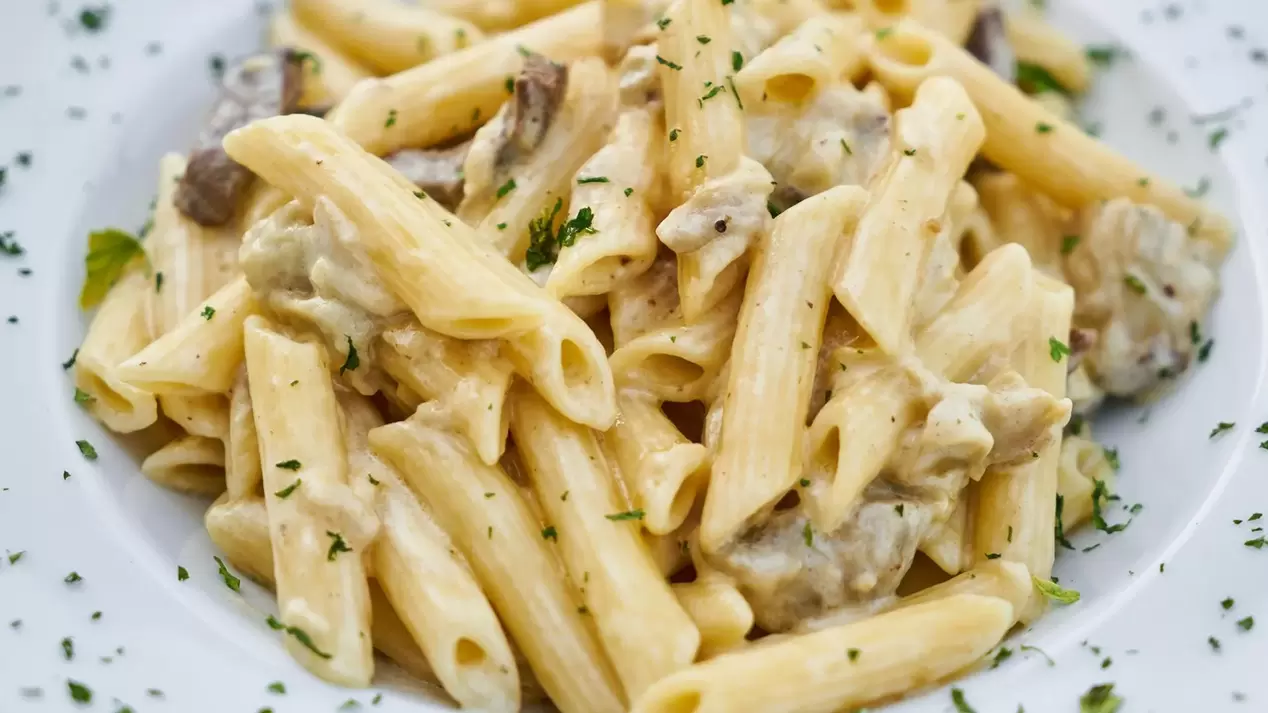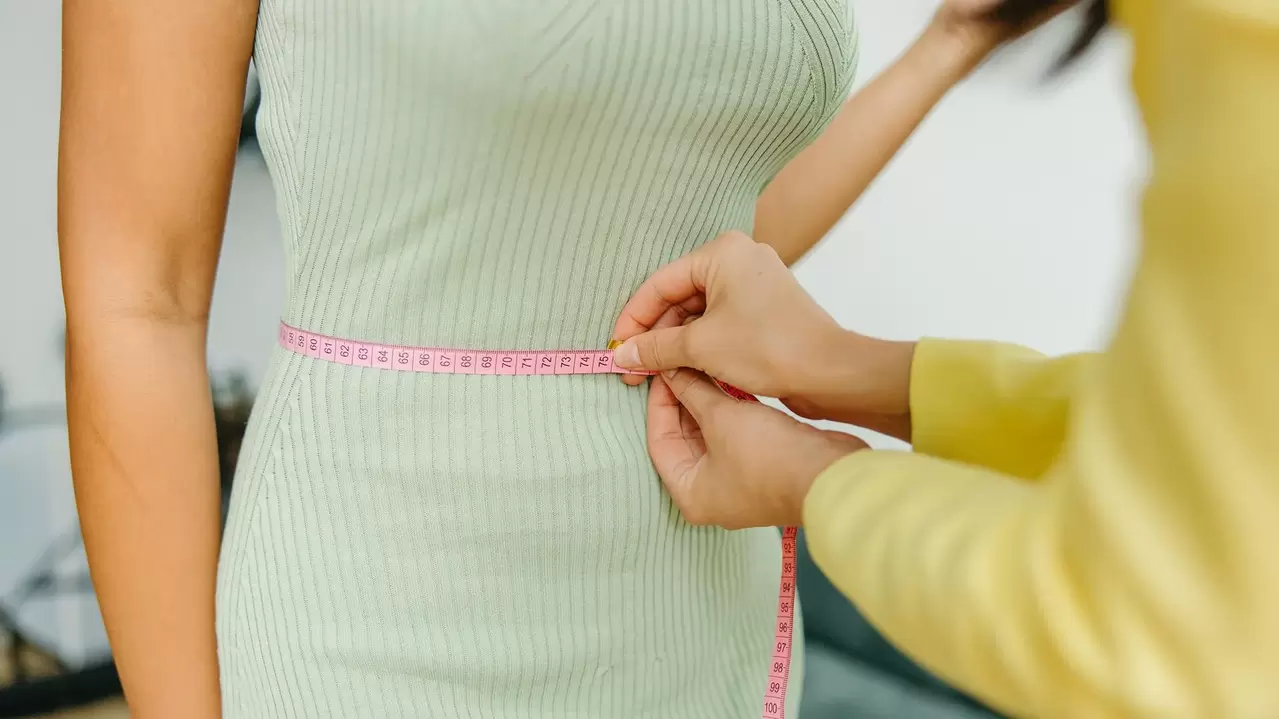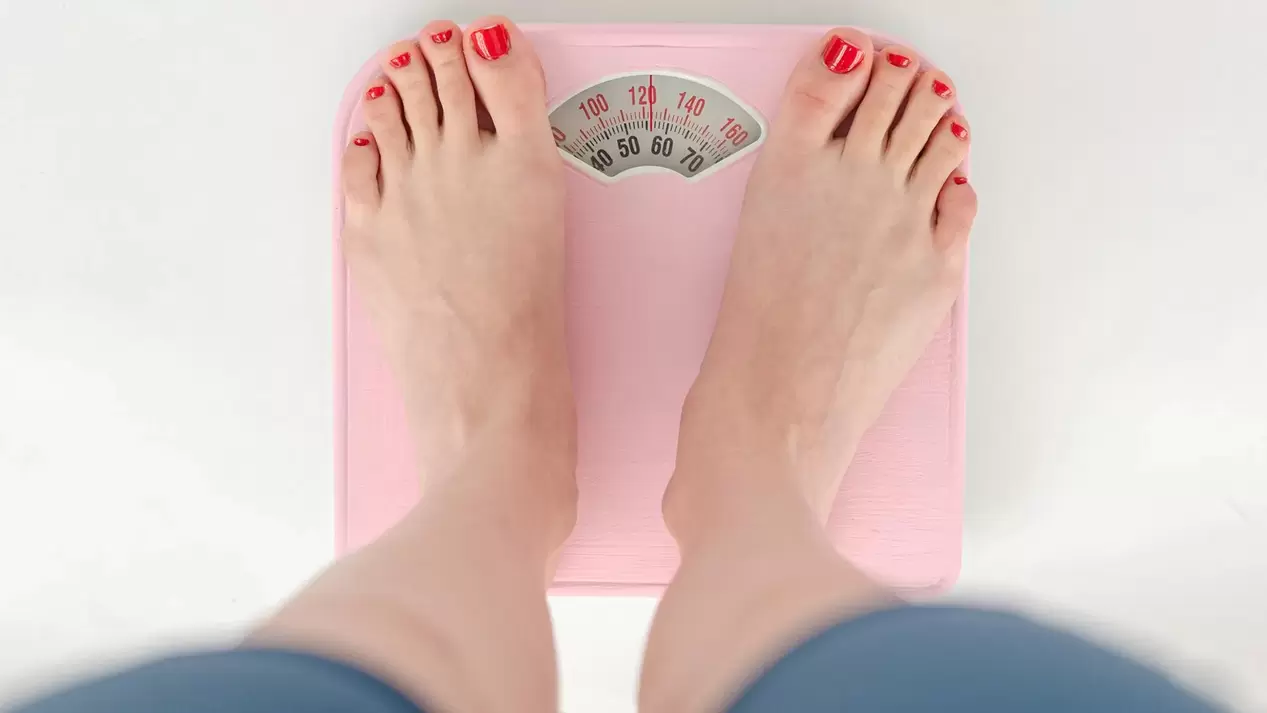Summer is only two months away: it's time to take care of yourself! But it is necessary to get in shape wisely. With an expert we will find out how many kilograms you can lose in a month, why extreme diets are harmful and how to get rid of the feeling of hunger by changing your diet.

We will tell you the basic rules that will help you get rid of excess weight.
Basic rules to lose weight safely
Everyone dreams of a "beach figure" and it is quite possible to sculpt it, even if you have tens of extra kilos. But this is not a quick thing. Why won't it be possible to lose more than 8 kg in a healthy way by next summer? What health problems can extreme types of diets cause? And how, in the end, to lose weight correctly? All these important questions are answered by nutritionist and gastroenterologist Svetlana Kovaleva.
"If we talk about proper weight loss, then we must prepare immediately, since it will not be quick, " our interlocutor noted. — Because the body has been accumulating certain components for a long time, and to restore them also takes a sufficient amount of time. The speed of metabolic processes in people does not increase sharply.
The doctor's main recommendations concern the main components of any diet: calorie content and the ratio of proteins, fats and carbohydrates.
Calorie question
— The diet should not be too low in calories. Sometimes people begin not just to introduce fasting days into their diet, but practically switch to fasting. This is incorrect, the body will not perceive it as physiologically correct nutrition, it will only get stressed and will not understand what to do in this situation. Therefore, the reduction in the volume of food must be gentle, " said the nutritionist.

Separately, it should be said about the calorie content of each meal.
- If it turns out that you cannot have breakfast, you skipped lunch, then you should not lose the entire amount of calories before going to bed. Because we have circadian rhythms in the body and at night the body prepares to sleep and not to process the calories received.
Proteins, fats and carbohydrates.
However, thoughtless reduction of calories, even within normal limits, can be harmful to health if the amount of protein, fat and carbohydrates in the diet is not taken into account. How should it be?
Proteins: count correctly
Most people, when losing weight, need to consume an amount of protein within the normal range or slightly higher, the doctor noted. But how to calculate it? Actually it is very simple:
— Usually, at first, depending on the level of excess weight, the amount of protein is considered to be 1 to 1. 5 grams per kilogram. This means pure protein. That is, let's say a person weighs 90 kg.
This means that you should not eat 90 grams of chicken, but rather you should count how many poultry, fish and meat you need to provide the necessary amount of protein. We have many calculators for this on the Internet.
In this case, suddenly, the chicken will weigh 450 grams, plus other products also contain protein, so here you can calculate in detail based on what a person generally eats.

Fats: healthy and not so good
"Excess fat, without a doubt, should not be in the diet, " says the nutritionist. - Provided in large quantities only in certain dietary options. When we talk about fats, their qualitative characteristics are important. You can use vegetable oils or eat plenty of beef, from which we get protein, but we also eat a lot of fat along the way. Although beef is not the worst option. There is often pork.
Or you can use cold-pressed vegetable oils, with biscuit, with bitters. All beneficial substances are preserved there and these oils are exchanged in a completely different way, unlike butter and some dairy products, for example, cheeses, where there is more fat or oil.
Carbohydrates: going from simple to complex
— Most of the time, diets are based on reducing the amount of carbohydrates. But a more correct approach is to simply qualitatively change its structure.
First of all, it is necessary to reduce as much as possible simple sugars or the so-called added sugars: sugar itself, cakes, ice cream and other confectionery products that we like so much, noted Svetlana Kovaleva. Anything made from flour, soft wheat pasta, refined rice and other simple carbohydrates should be eliminated from your diet. What to replace them with?

— They are more complete cereals that need to be cooked for a long time. Even oatmeal can be cooked in five minutes or it can be cooked for much longer. In addition, to the side dishes where carbohydrates will predominate, we can also add proteins: we are talking about legumes.
Simplicity and regularity
Correctly calculating the calorie content and the ratio of proteins, fats and carbohydrates in dietary nutrition will not be difficult at all if another basic principle of proper nutrition is followed: composing your diet from the simplest and most understandable products. A long composition in the packaging is not our option.
"This is just cereal, just chicken, not meatballs, meatballs, sausages or sausages, " Svetlana Kovaleva emphasized.
Furthermore, the frequency and regularity of meals is very important.

— There are many different opinions on this matter. But practice shows that multiplicity is necessary. Especially as a gastroenterologist, I cannot ignore this topic. It is necessary to eat at least three times a day; Otherwise, many of us like to eat once or twice; this won't work.
Drinking regimen
"You can't ignore the drinking regimen either, " said the nutritionist. — People who drink three glasses a day began to come more and more frequently. And it's also good if it's water, not tea or coffee. And all metabolic processes occur in the aquatic environment.
In addition, very often the feeling of hunger is interpreted incorrectly. That is, it could be thirst, so it is necessary to adjust the drinking regimen.
How much water should you drink a day? Those same eight notorious glasses? No. As with other nutritional components, the amount of water needed is calculated individually.

— There are also many calculation formulas, but to start I recommend this formula: 25 ml per kilogram of weight. The daily norm of water appears, other drinks are taken conditionally, for simplicity, as half of the volume drunk and the calculation is made.
If a person consumes much less and has related problems, such as high blood pressure, then there is no need to suddenly reach this volume. You can add 200 ml every 2-3 days to evaluate your condition, pulse, blood pressure and analyze if there is a greater amount of salt in your food, because this is the simplest option that helps retain water and increase blood pressure. Water alone does not usually contribute to this.
Don't forget about training
Changing your diet is the basis for losing weight, but we must not forget about physical activity, said the expert.
— In rare cases, it is possible to achieve the desired rate of weight loss without physical activity, because reducing calories is one thing, but maintaining muscle mass is another. We still want a beautiful figure and, in addition, the more muscles we have, the more intense the rhythm of metabolic processes in the body will be.
The choice of a training program is also an individual matter, not to mention the fact that it is necessary to increase physical activity gradually and carefully. But this is a topic for another discussion.
Extreme weight loss and its dangers
Do you dream of losing a few dozen kilos before summer? Think about whether you are willing to sacrifice your health for such a dubious achievement. How much weight can you lose per month without harming your health?

"In a healthy regimen, the medical community has accepted a dose of 4 kg, " responds the nutritionist. — That's about a kilogram per week. Of course, there may be individual differences: a little more, a little less, but when there is excess weight, fatty liver usually appears.
Also, if there have been repeated attempts to lose weight, there may be stagnation of bile or stones already formed in the gallbladder. Therefore, it is important to provide the necessary support and ensure that the rate of weight loss is not too rapid.
What will happen if you go all out and go on an extreme diet or even starve yourself?
— First, the muscles will "melt" and the water will leave the body. Because of this, you will feel bad; At the very least, your mood won't be very good either. In addition, questions will arise about the functioning of the gastrointestinal tract: it is still a complex of organs that must function regularly and properly, otherwise problems may arise.
There may also be problems with the biliary system, and the consequences of impaired functioning can be many: from gastritis to impaired motility of the gastrointestinal tract, constipation, bloating due to poor functioning of the intestinal microflora, etc.

If you decide to drink mineral water or an extreme minimum of calories for a couple of weeks in order to put on an evening dress for the holiday, keep in mind: after such a diet you cannot avoid feeling bad, headaches and other ailments . in which context not even hunger will be so terrible. Therefore, the doctor recommends, you should still prepare for an important event in advance or, honestly, buy a dress in your size.
Minimum number of calories in a diet.
We have all heard that the average person needs about 2, 000 kilocalories a day. But, of course, this amount is very normal: for some it is too much, while others will starve with such caloric intake.
"All this is calculated individually, because people have different initial parameters, different types of activities, different ages, different options for playing sports, " Svetlana Kovaleva noted. — Therefore, I cannot say unequivocally about the upper limit.
The number of kilocalories to maintain and lose weight varies and also depends on how many people actually eat "in the beginning, " the nutritionist noted. But if you drastically "cut" 500 kilocalories from the "initial" caloric intake, the person will experience terrible hunger, and such a diet will not lead to healthy weight loss.

— Now we have many calculator applications that effectively calculate the required number of kilocalories using certain formulas; this will be the easiest to use.
Regarding the lower limit of calories, the doctor emphasized that one should not resort to diets with a calorie content of 1000-1200 kcal per day; nothing good will come of it.
How to deal with hunger while losing weight?
Giving up heavy meals and switching to a healthy diet is not an easy task. Often on this path you can find not only an aversion to oats and broccoli, but also extreme hunger. Even if the diet itself is balanced, the stomach, accustomed to large amounts of food, will send desperate signals to the brain about the need to eat half a can more. How to be? A nutritionist shares life hacks:
- First of all, you have to try to gradually get away from a large amount of calories so that the body does not feel this hunger too much.
The second point is to distribute the meals evenly. That is, if we have calculated a certain amount of calories using some application and we eat it three times, and in between we feel terribly hungry, then we try to distribute the same amount of food over four meals. Because where before a person could eat a muffin or a sandwich, now we are trying to take a more systematic approach to meals.
Hunger does not only appear on an empty stomach: sometimes we have eaten, but we feel that we have not eaten. Then you just need to wait a certain time. You can walk the dog, just go for a walk, distract yourself with something.
The fact is that the gastrointestinal tract needs time for the stomach to contract. If a person has eaten a lot, then his stomach simply has more volume. Here we will wait longer for this effect.
But, in general, I recommend distributing meals evenly throughout the day, or coming up with some type of healthy snack that does not disrupt our entire diet and cause the number of calories to increase more than planned.



















